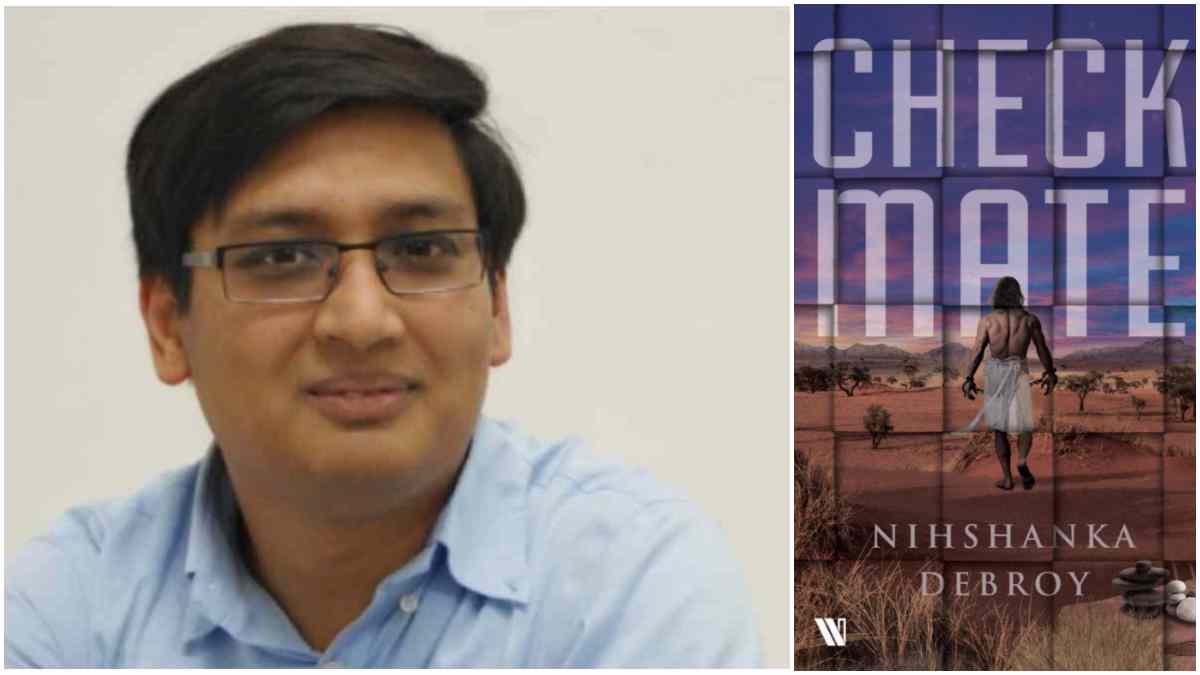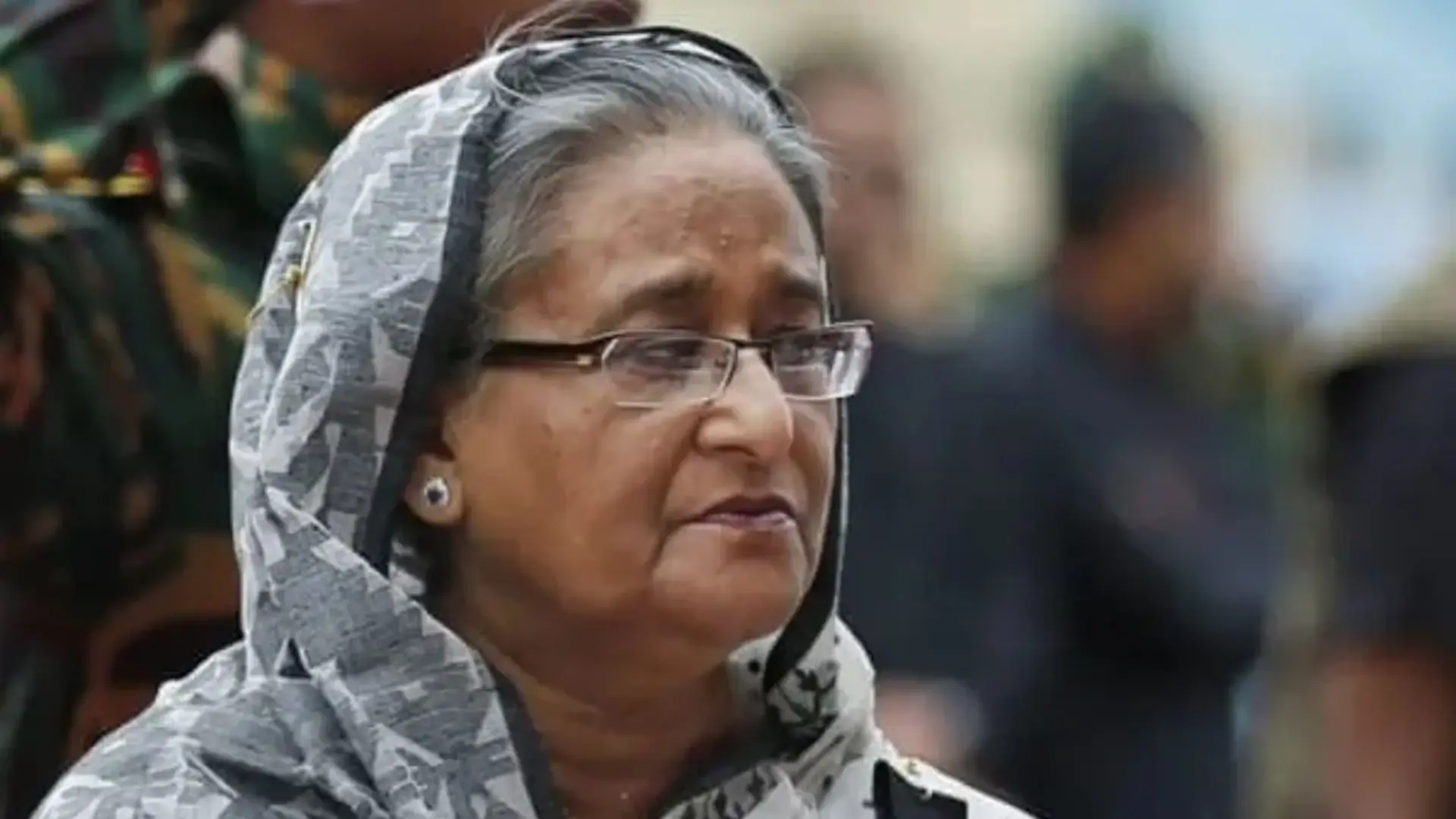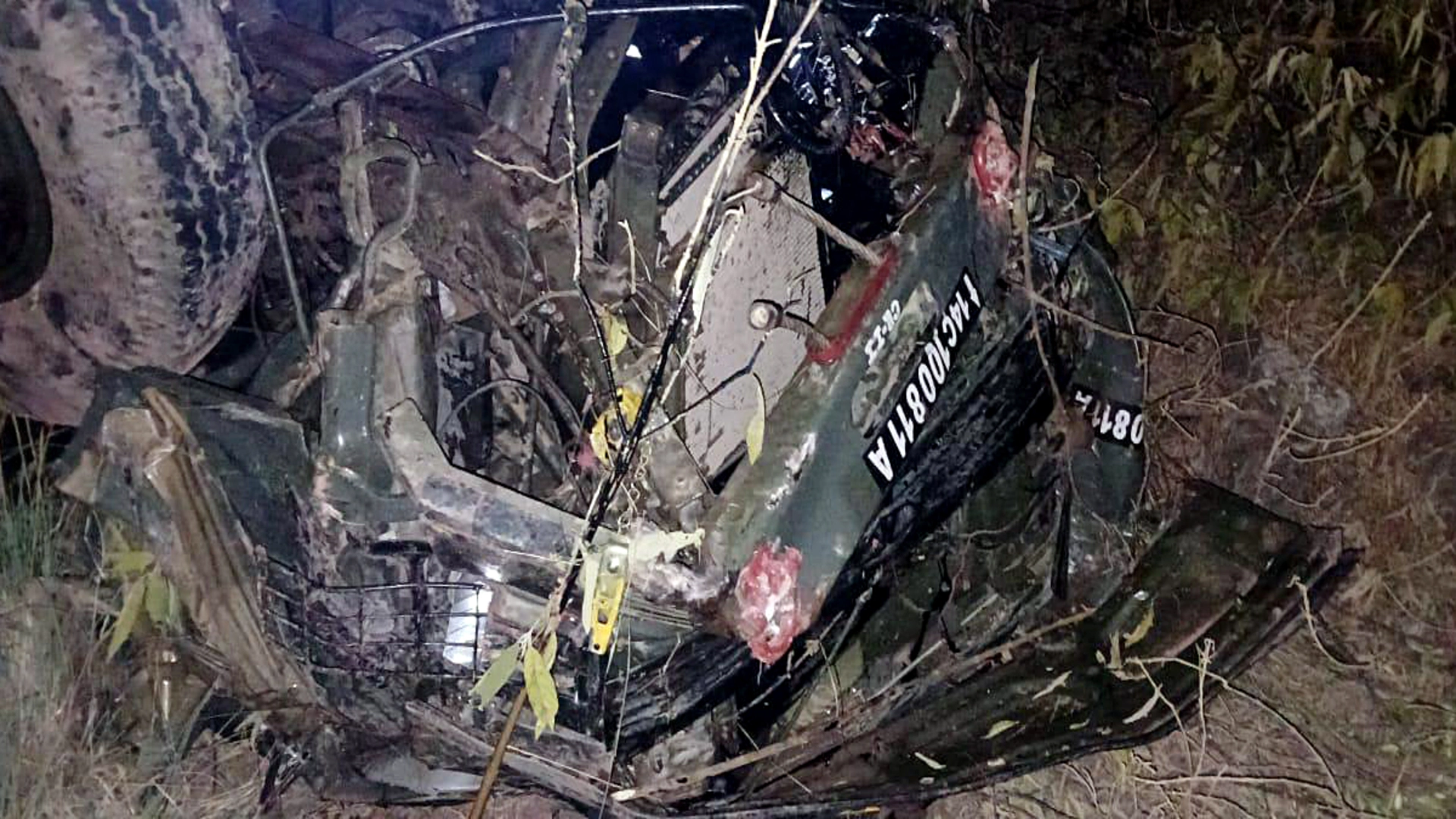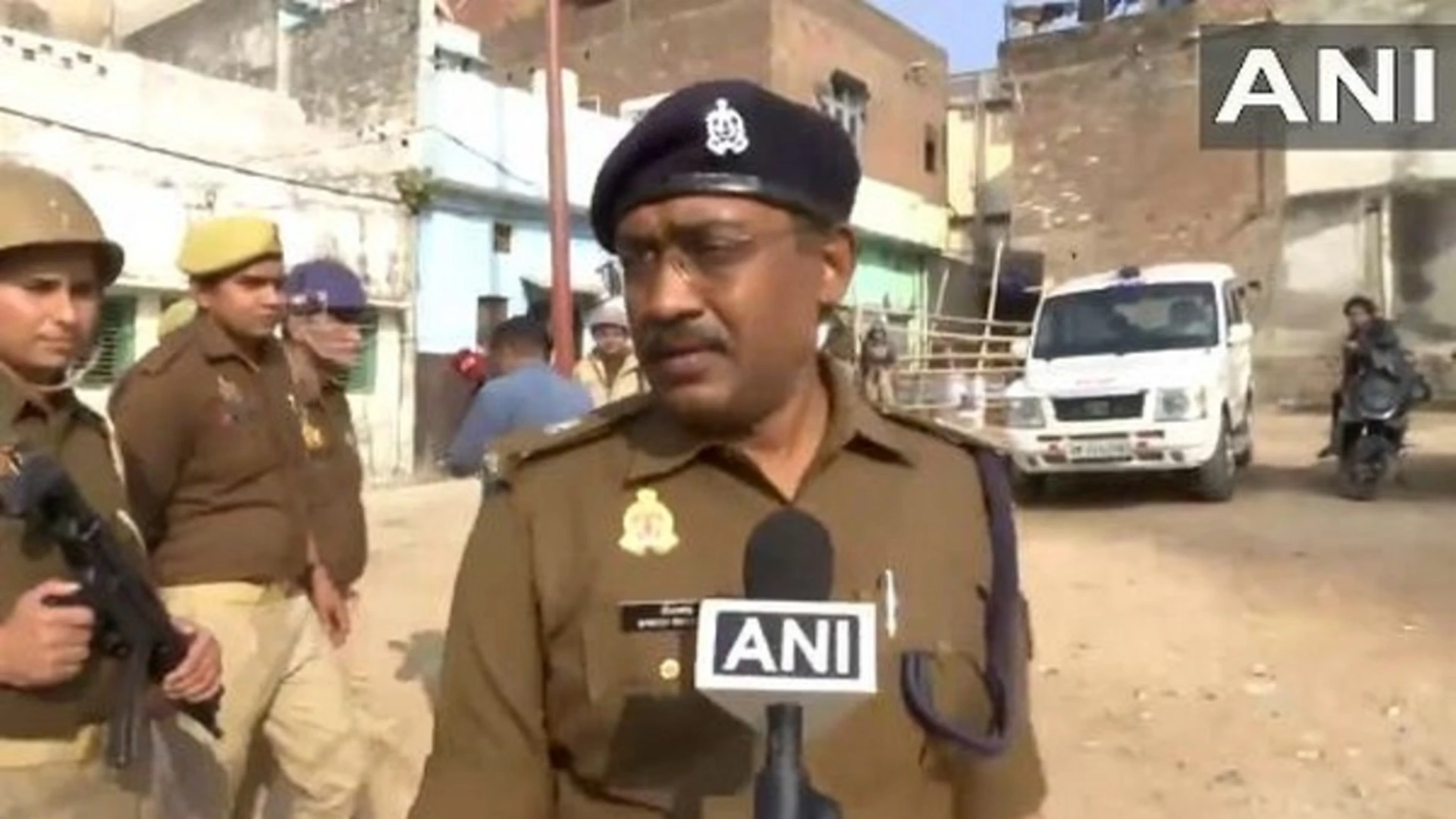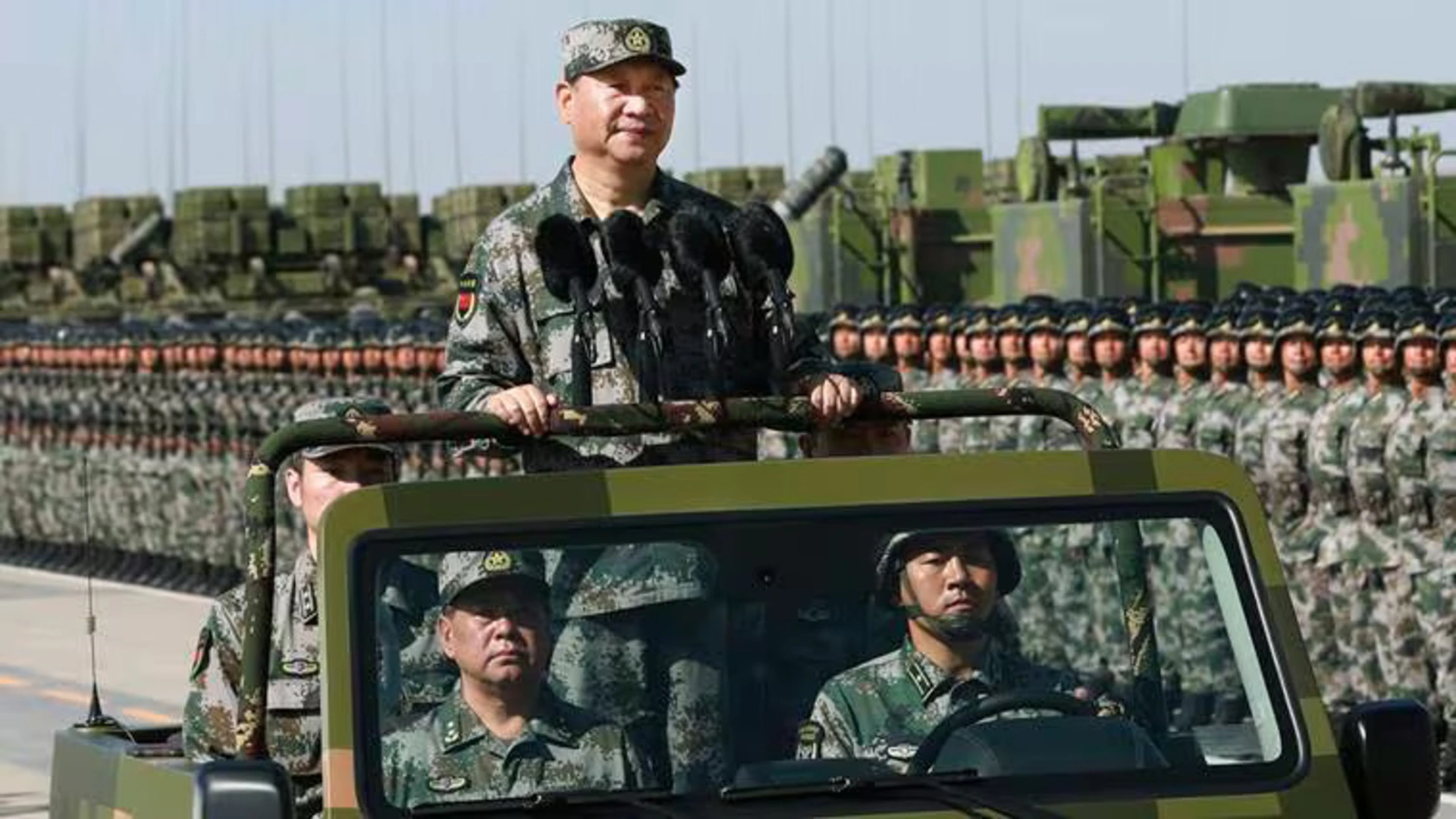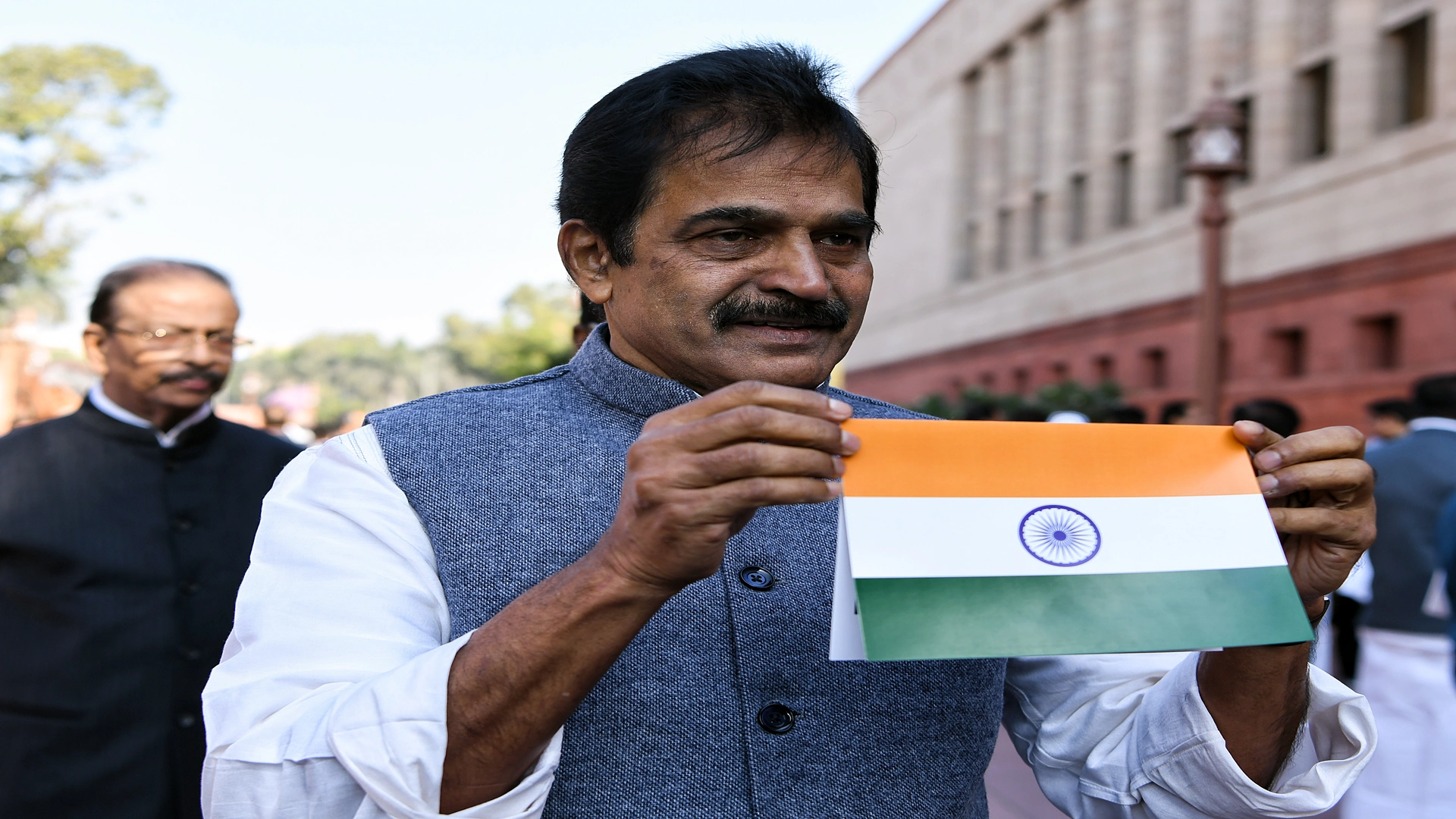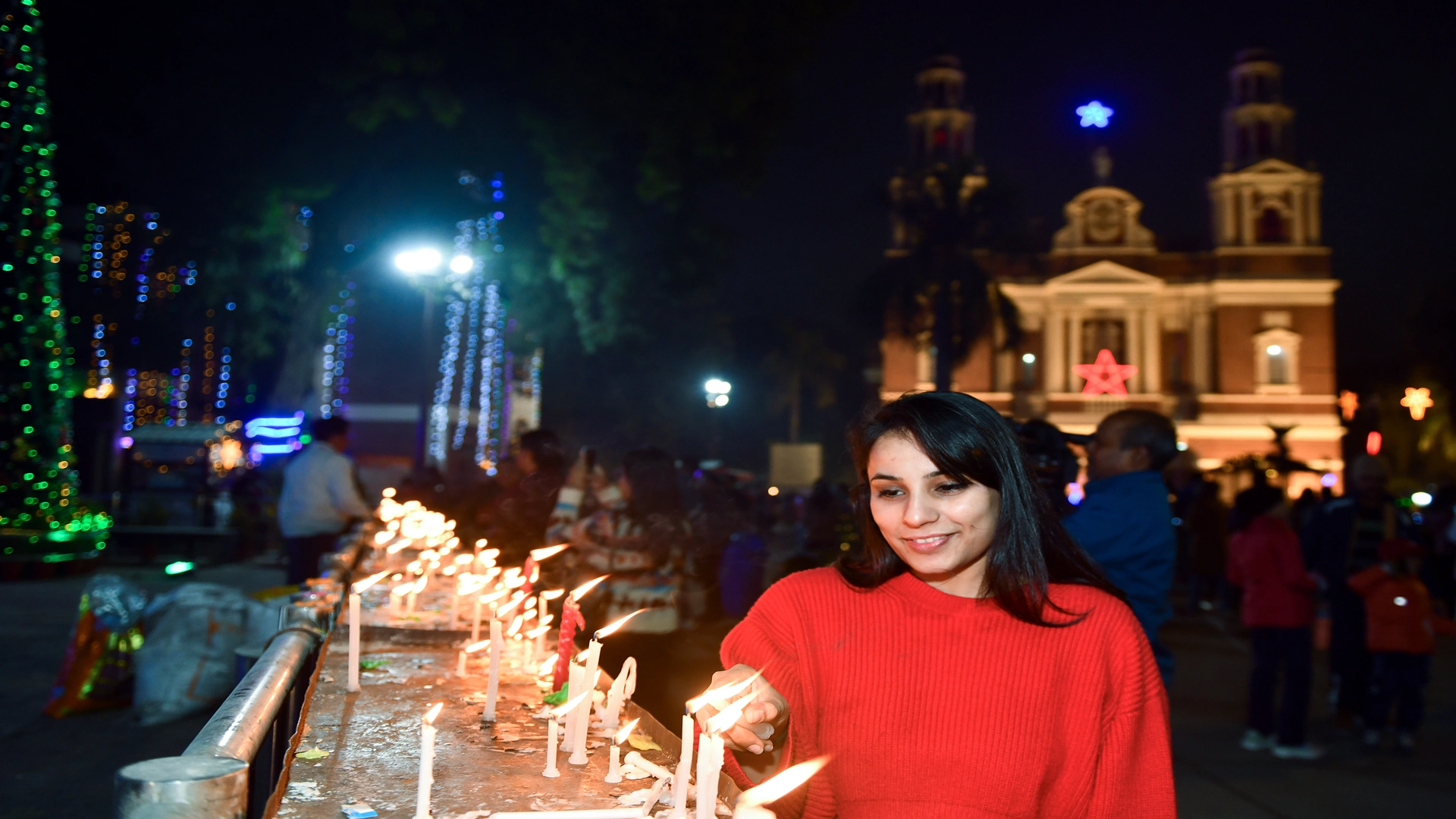As a kid, Nihshanka Debroy wanted to read every book ever written. Fast forward to now, he believes that one could spend a lifetime without even finishing the works of historical fiction. A genre that intrigued him intertwined with chess had to be the opening for the former Under-12 Delhi chess champion. Economist Bibek Debroy’s son, Nihshanka Debroy talks about reimagining chess’ origin from parallel viewpoints and how Checkmate (published by Westland) went well above and beyond it. Excerpts:
Q. Transversing far beyond your initial vision and incorporating universal themes how did Checkmate shape up?
A. Chess was a large part of my childhood in India. After several years of competitive tournaments, I always knew that I would write a story about chess someday. About a decade later, after landing up in the city of Colorado Springs which was a new place with not as many acquaintances, I found my way back to chess. But this time, more probing questions struck me, such as when did chess originate? Do we know who created it and why? I searched its origin everywhere, read several articles and books, however, still had no answer. That is when I started imagining what might have been. So, I began to write it.
Checkmate is a fictional account of the origins of chess with two parallel storylines — one set in AD 455 and the other in modern times. But as my characters emerge with goals and motivations, the story takes on a life of its own. Subplots emerge, as do fresh characters. Apart from being a work of historical fiction, my debut work connects with the reader on certain universal themes — the bonds of familial love, a woman straining out of the large shadow of her father’s success, a son’s boundless devotion to his mother. Grief and loss, heroism and unwavering will — and the extent to which we go to save our loved ones and their memories…
Q. Tell us some of the fascinating findings during the research process?
A. Checkmate took me about six years to write and I spent the first year almost entirely on research. I began by investigating which battles occurred before the first mentions of Chaturanga, the ancestor of chess. The historical narrative is a combination of research, such as by reading H.J.R. Murray’s book, visiting old Indian forts and a geographical trek via Google Maps 3D that I extrapolated to the 5th century.
I found several interesting facts during the course of my research. For example, there is a village named Ströbeck in Germany with a long association with chess. According to legend, in the early 11th century, a military commander was imprisoned there in a tower. Out of his boredom, he made a chess set and taught his guards how to play. In addition, some references suggest that Ivan the Terrible died while playing chess. I was also astounded to learn that chess champions were part of the Enigma code-breaking team during World War II.
Q. Are there any similarities between playing chess and writing a novel?
A. First, both have a structure, starting with the first act (or chess opening) when the characters (or chess pieces) are introduced in the story (or to squares on the chessboard). Then comes the middle act (or middle-game), where chaos ensues — characters struggle and face setback after setback (or chess pieces, especially the king or queen that get threatened). It all wraps up in the final act (or endgame) where the conflict is resolved one way or the other (or the chess game has a winner).
Second, novel-writing and playing chess are largely solitary pursuits with a lot of people behind the scenes. An author needs a support network — fellow authors, the publisher, marketing team, editor and so on. A competitive chess-player needs support too — fellow players, coaches, mentors and many more.
Finally, both require determination. In competitive chess, mental strength and determination count for more than raw talent. In writing, the perseverance to write chapter after chapter, followed by rigorous editing, leads to a great book.
Q. How did the ancient and modern world find its way through your sub-conscience into this piece of work?
A. I have always been interested in history as it provides a reference point and an opportunity to learn from key moments in time. Overlaying it with fiction, I can explore concepts and ideas with great freedom. My novel begins in the 5th century AD but ends in modern times as I wanted to answer this key question — what would it mean if someone in the present times discovered the origins of chess? That is why Checkmate has a modern-day character, Vinita, with her own conflict and mission.
Q. Take us through the development of the protagonists’ character arc?
A. Harshavardhan is a warrior determined to save his people. The emotional pull behind his arc is the journey to save his mother and Bharatvarsha. His story is somewhat stark, so I paired him with someone who could provide companionship (someone famous in Indian literary history). Vinita is on a mission to build her empire when she is forced to come back to India after her father’s death. Her character arc revolves around gaining closure on her broken relationship with her father.
Q. Conflicting characters are the most interesting, how did you etch out Vinita Joshi’s complexities in Checkmate? Is Vinita resolving the historical puzzle and joining the pieces that her father left, a metaphor for her life?
A. Vinita’s character is riddled with conflict, largely due to an extremely complicated relationship with her father. The differences started when she was a child. While Rajinder loved chess, Vinita hated it. Years later, when Rajinder wanted her to come back to manage his legacy, Vinita wanted to build one of her own abroad. Her father died without ever speaking to her again.
So, how could she be the one trying to save Rajinder’s empire years later? What business did she have trying to chase down the origins of a game she hated? Her determination to find the origins of chess came not from her love for the game but a desire to finish her father’s journey and gain a sense of closure.

